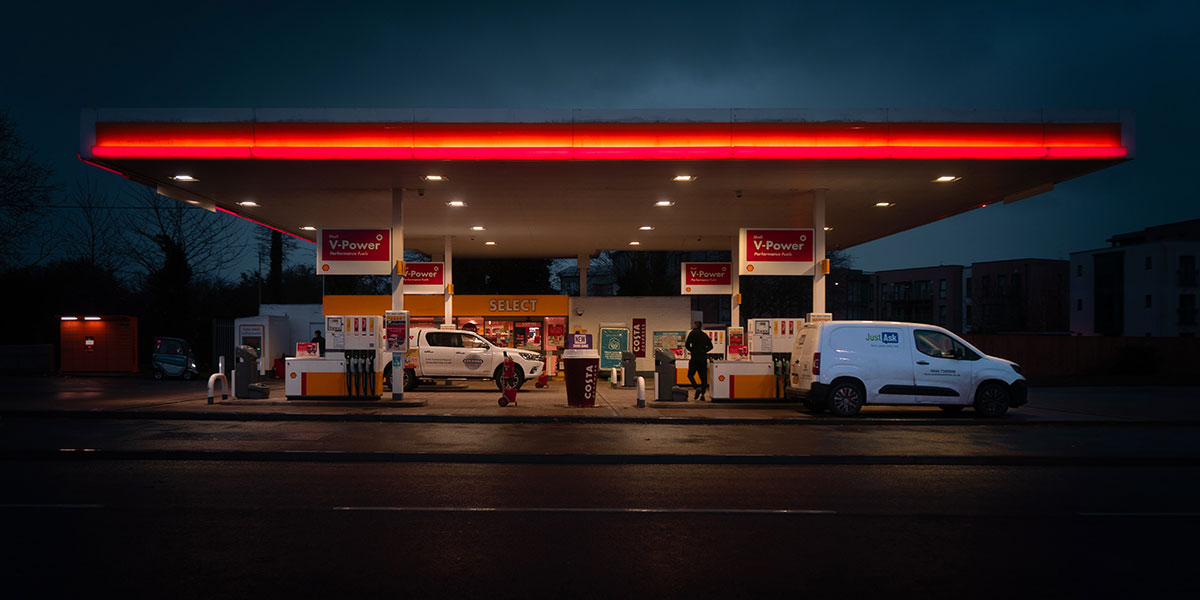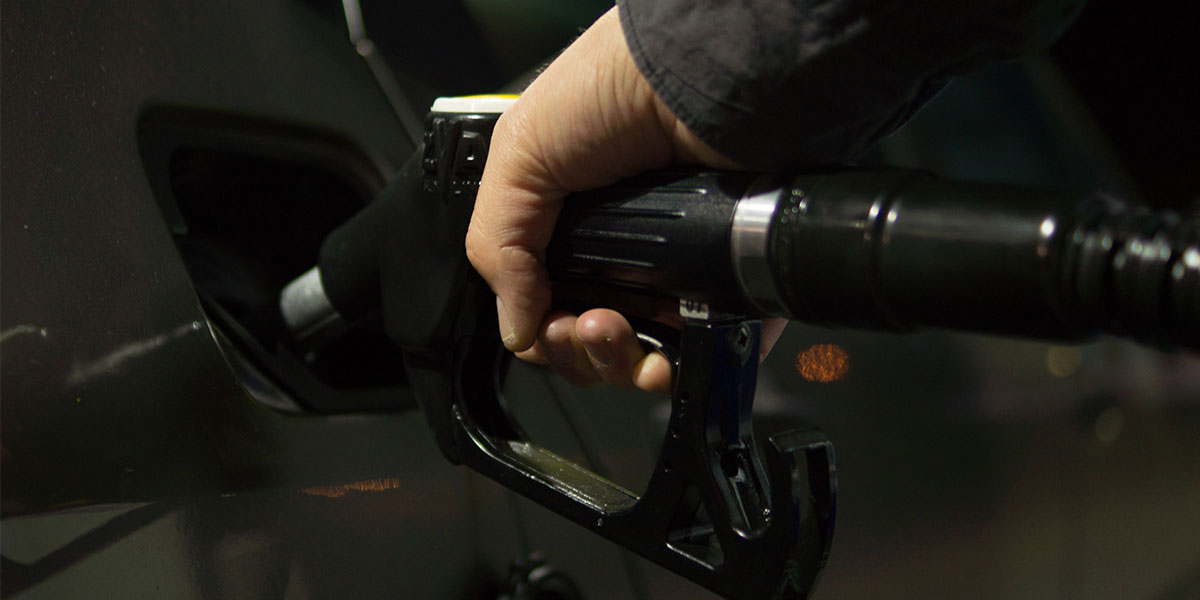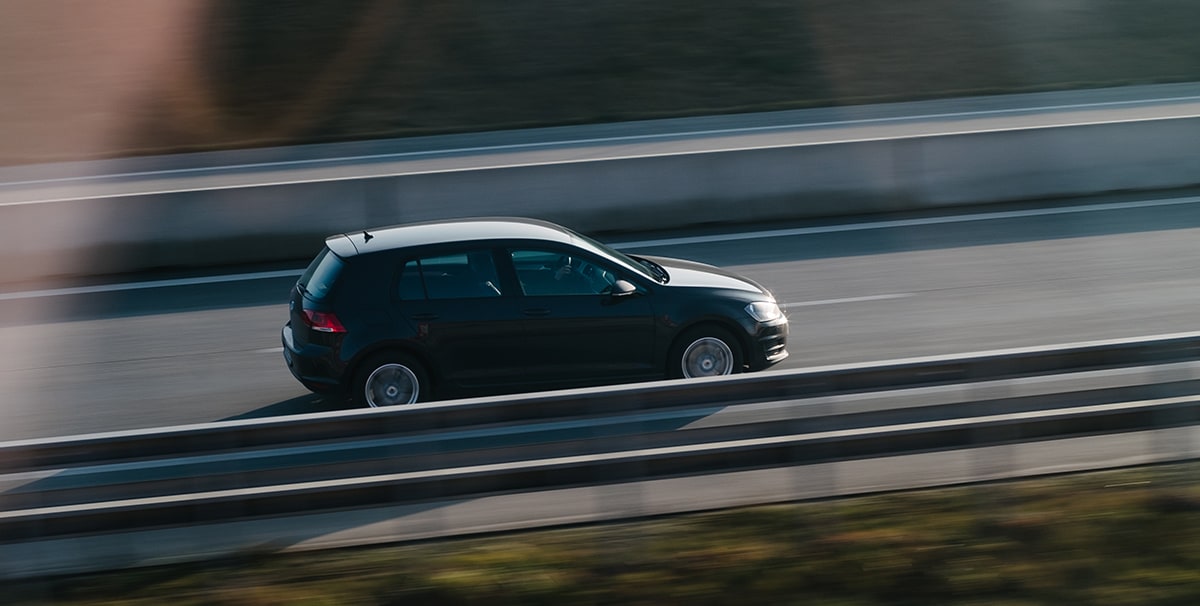If you’re looking at buying a new car, there are a number of factors you’ll want to consider. One of the most fundamental is whether you should buy a petrol or a diesel car. In order to come to a decision, you’ll likely be considering the fuel economy of different engines – or, in other words, the mileage of a diesel car vs. that of a petrol car.
This article will look at the mileage of petrol vs diesel, and help you decide which type of engine you’d prefer for your next set of wheels.
Car mileage: diesel vs. petrol
First off, let’s clarify how fuel economy works. It refers to the number of miles a car can travel on a specific amount of fuel. This is measured in MPG, short for miles per gallon. The higher the MPG rating of a vehicle, the more fuel-efficient it is, as it can go further on one tank of fuel and cover more miles per gallon.
What impacts MPG?
There are several factors that will impact the MPG of a vehicle, as well as its actual engine mechanics.
Your own driving style will impact the MPG of a car. If you regularly tow heavy items, rapidly brake or accelerate, speed, frequently idle (for example, at traffic stops), or only travel short journeys, you can negatively impact the MPG. Similarly, if you wear your tyres out and don’t replace them, or don’t regularly maintain your car, this can negatively impact the MPG.
Environmental factors will also play a part. Regular use of the air conditioning, for example, will impact the MPG, but so will opening the windows (as this makes the car less aerodynamic). Cold weather also brings strain, as the engine takes longer to warm up.
One of the most significant factors affecting a car’s MPG is its engine, which is why you’ll frequently see articles comparing the mileage of a diesel car vs. a petrol car.
Diesel vs. petrol – which has better fuel economy?
Diesel cars have better fuel economy to petrol cars, making their mileage better value for money. This is because diesel fuel contains more energy in a like-for-like comparison than petrol fuel. That means that if you’re regularly making long journeys in a petrol vehicle, you’ll end up paying more overall for fuel, even though petrol is cheaper per litre than diesel fuel. It’s all about the law of averages.
Which? ran a series of independent tests, which found that the average MPG of a diesel car was higher around town, out of town, and on a motorway. As a combined score, the overall MPG of the diesel car they tested averaged 46.8 compared to 41.9 for the tested petrol car.
Overall, in the battle of mileage for a diesel vs. petrol vehicle, diesel’s fuel economy will always win out. Diesel cars are also better for longer journeys at high-speed – that is, for frequent motorway driving – and if you need a vehicle that can tow well. Diesel vehicles have more torque than petrol vehicles, which have to work harder to maintain momentum and power and will therefore use more fuel.
Other factors to consider
It may be that the verdict on diesel’s better mileage is enough to settle your choice as to whether to purchase a diesel vs. petrol car. However, deciding whether a diesel car is right for you is unfortunately not that black and white.
Petrol vehicles produce fewer overall emissions of CO2 per litre of burned fuel compared to a diesel engine – however, because a diesel engine’s mileage is higher than its petrol counterpart, it will tend to have lower CO2 emissions. That said, petrol cars produce far fewer particulate emissions than diesel vehicles – particularly older ones, which emit nitrogen oxide, a substance that’s linked to air pollution and harmful health side effects. Petrol cars therefore result in less local air pollution.
Diesel cars are also bad on short, stop-start trips, as their DPF (diesel particulate filter), which is responsible for minimising harmful particulates, won’t operate as efficiently unless the engine is hot.
Financing your petrol or diesel car
Whether you decide on diesel for better long-distance mileage or petrol for short, stop-start trips, car finance can help you spread the cost of your next car to improve affordability and maximise your budget.
At My Car Credit, we aim to make the finance application process as simple as possible from start to finish. Get the ball rolling by checking your car finance eligibility, then benefit from our extensive network of trusted lenders to get a fair deal whatever your credit score.
Rates from 9.9% APR. Representative APR 12.4%
Evolution Funding Ltd T/A My Car Credit
Require more help?
Got a question you can’t find the answer to, or need some advice and guidance around taking out car finance? Our Car Credit Specialists are friendly, experienced, and here to help so get in touch today!






